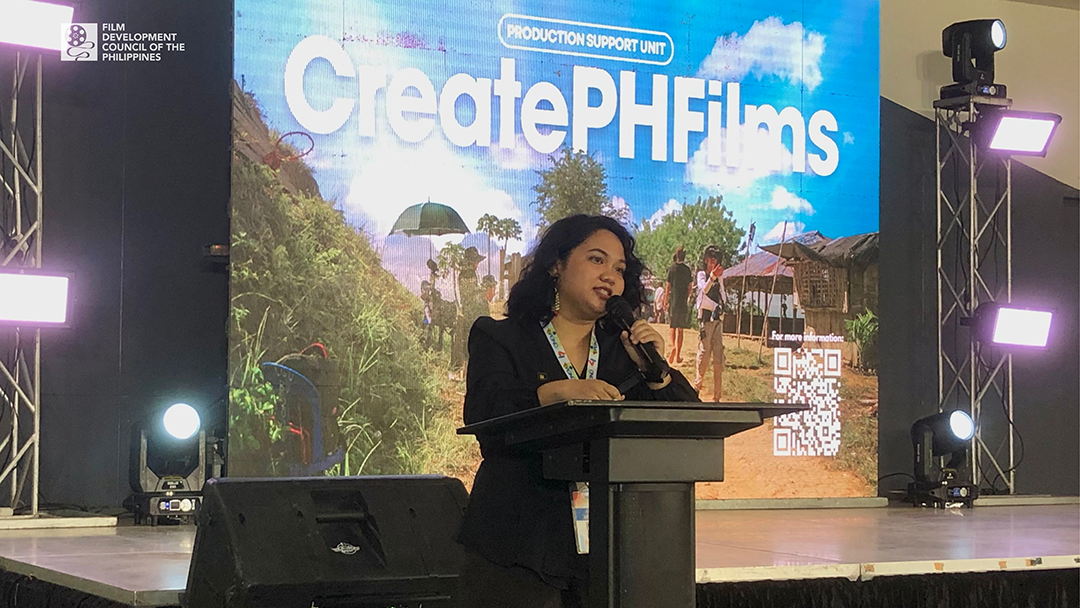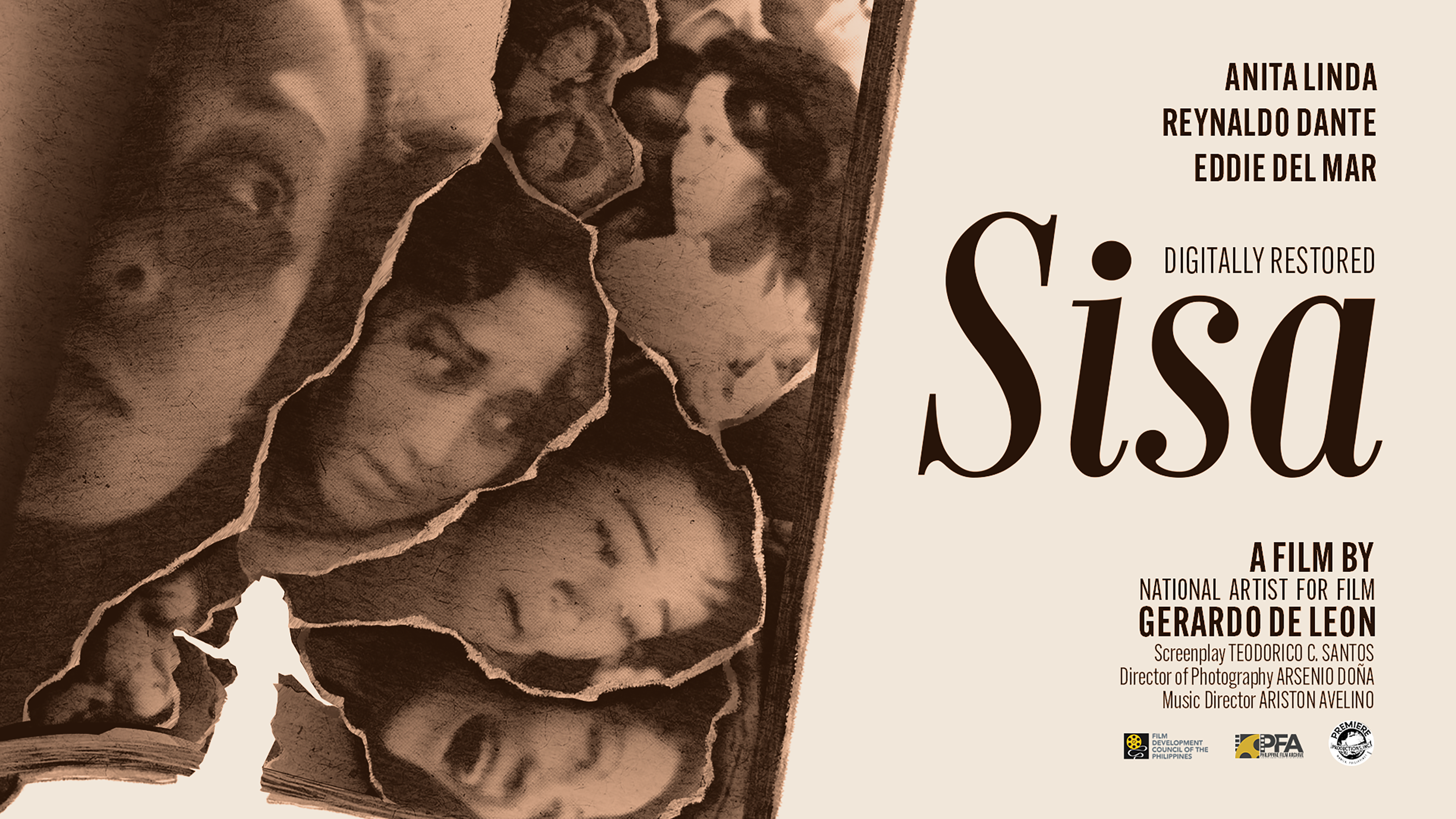PPP4 Spotlight: Batch ‘81
In anticipation of the upcoming 4th Pista ng Pelikulang Pilipino (PPP), the Film Development Council of the Philippines (FDCP), will be spotlighting various films among the 147 titles scheduled to screen for this year’s event. These films will screen under 14 different sections, among which is the PPP Premium Selection featuring 10 titles.
For this spotlight article, we will be covering Mike de Leon’s 1982 classic drama “Batch ‘81” which will be one of two classic films to screen under PPP4’s Premium Selection alongside the restored version of “Brutal” directed by the late Marilou Diaz-Abaya.
In addition to these two classic films, PPP4’s Premium Selection features films that have not been released to a Philippine audience or have had a limited release in the country. “Batch ‘81,” executive produced by Marichu Vera-Perez Maceda, will have its online premiere in PPP4.
Access to the PPP Premium Selection will be available through the 16-day Full Run Pass for PHP 599. The Early Bird Rate period for the Full Run Pass, wherein you can avail if for only PHP 450, has been extended until October 25. To view the PPP4 catalogue and for more details, you may visit FDCPchannel.ph and facebook.com/FDCPPPP.
Batch ‘81 (1982)
Directed by Mike de Leon
PPP4 Premium Selection Section
Since its premiere in 1982, “Batch ‘81,” with its depictions of the vicious hazings and fraternity culture prevalent in Philippine colleges and universities, has made its name as a classic of Philippine Cinema.
De Leon’s film screened at the 1982 Cannes Film Festival under the festival’s Director’s Fortnight section. The following year, “Batch ‘81” won Best Picture and Best Original Screenplay at the 1983 Film Academy of the Philippines (FAP) Awards. It also won Best Screenplay and Best Editing at the Gawad Urian Awards of the same year and received several other nominations.
The film stars Mark Gil as Sid Lucero, a young university student hoping to make it into the renowned Alpha Kappa Omega fraternity, and he plays this role extraordinarily. As the film’s protagonist, Gil portrays Lucero’s silent, unwavering belief in the fraternity with virtuosity. Despite the character’s prominence in the narrative, Lucero maintains an enigmatic personality. This enigma in turn furthers the film’s deeper questions about the values of such forms of social belonging and develops hidden psychological insights about the nature of Lucero’s beliefs.
Lucero joins a small group of Alpha Kappa Omega recruits as they all try to survive a torturous hazing period to become established members of the fraternity. These senior members, the recruits’ “masters,” embroil them into various forms of physical and mental torture, emasculating them and testing their will. With slogans emphasizing brotherhood and belonging, the aspiring fraternity members must accept whatever torture and push through. All suffering under the same “masters,” the small group, these “Batch ‘81” recruits, develop a close bond that becomes a literal matter of life and death.
De Leon’s drama depicts the unfolding of this process. At times, the film toes the line between critique and justification. Because Lucero and his fellows must justify each suffering, and likewise, develop a kinship with each other because of this. As such, the film shows an essence of fraternity life that drives each respective member’s desire to endure the suffering: their need for belonging, in other words, friendship. Under collective suffering, the torture suddenly seems tolerable, or at least “worth it.”
With such themes and additional portrayals of the nature of authority alongside individual and collective thinking, “Batch ‘81” also shows itself to have deeper ethical and political insights beyond the world of college fraternities. The Alpha Kappa Omega organization, as a figure of authority, sometimes appears as a state on a smaller scale. The repetitive slogans of brotherhood and belonging resemble state propaganda. The recruits, as a group of oppressed citizens.
In a direct hint to this theme, a central climactic scene appears midway through the movie: Ronnie, an aspiring Alpha Kappa Omega recruit is strapped onto an electric chair. Fraternity leader Vince asks him questions, and if Ronnie gives the wrong answer, he will be shocked, at first by his father (a founding member of the fraternity) and later by his fellow recruits. Here, Ronnie’s father asks, “Ang Martial Law, Nakabuti sa Taong Bayan. Tama o Mali?” Ronnie, apparently knocked out by the continuous shocks by the chair, is unable to answer.





